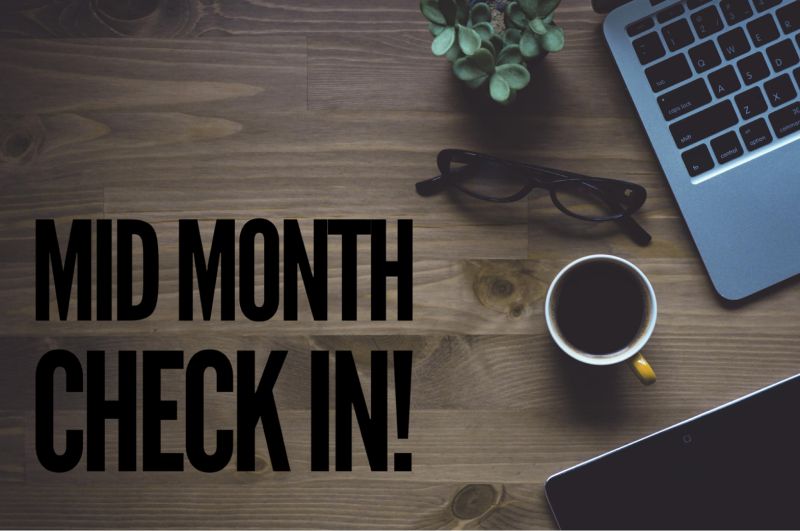I’ve taken on a number of challenges over the past three years that have remained untouched. Sewing, running, Italian and 15 minute planks, to name a few. But most of them, I’m happy to report, I either revisit regularly (guitar, YouTube videos, clutter, gluten free eating, no complaining) or have become part of everyday life (cold showers, meditation, writing, inbox zero). But there’s the one habit that I simply cannot function without – writing 750 words every day.
Morning Pages
Julia Cameron introduced the idea of morning pages in her book, The Artist’s Way. They’re three pages, or approximately 750 words, of stream of consciousness writing done long hand (I write on a website called 750words.com), first thing in the morning.
Morning pages are private. There’s no editing, thinking, judgement, or a wrong way to do it. Just a chance to get thoughts out of your head and ideas flowing.
I write and work through problems, brainstorm ideas, and search for answers. I complain, gush, fantasize, analyze dreams, and ponder topics for upcoming challenges. My grammar is horrible. I frequently change topics or abandon thoughts mid-sentence. Sometimes, when I can’t think of anything to say, I write “I have nothing to write about” over and over until I reach my 750 words.
What I’ve learned
1000 journal entries and 950,000 words later, I’ve learned a few things.
I’ve learned what a powerful tool journaling is for improving self awareness. You can’t rant for 3 pages every day. Soon enough, you get to the root of what’s bothering you. With your words, you learn to:
- become honest with yourself
- ask better questions
- notice patterns, details or remember conversations that you might otherwise have forgotten
- sort through things that don’t make sense
- make plans – from long term goals to tomorrow’s to do list
- find things to be grateful for
- start focusing on solutions
I’ve learned that you really can leave anxiety, worry, fear and negativity on the page, and that it’s worth taking the time to get those thoughts out of your head.
I’ve had many a-ha moments as a result of my journaling practice. I like to make lists (I brainstormed 27 different titles for this post), work through if-then scenarios, and explore crazy ideas. All of that thinking makes my head hurt, but as a result, my ability to generate ideas and produce insights has improved dramatically.
Finally, journaling helps me get into the writers mindset. It forces me to me to sit down and start, and that makes it easier to transition into the serious writing.
I know that journaling isn’t for everyone, but it is a worthwhile experiment. The blank page might seem intimidating or boring or painful at first, but give it a shot and see what happens.















